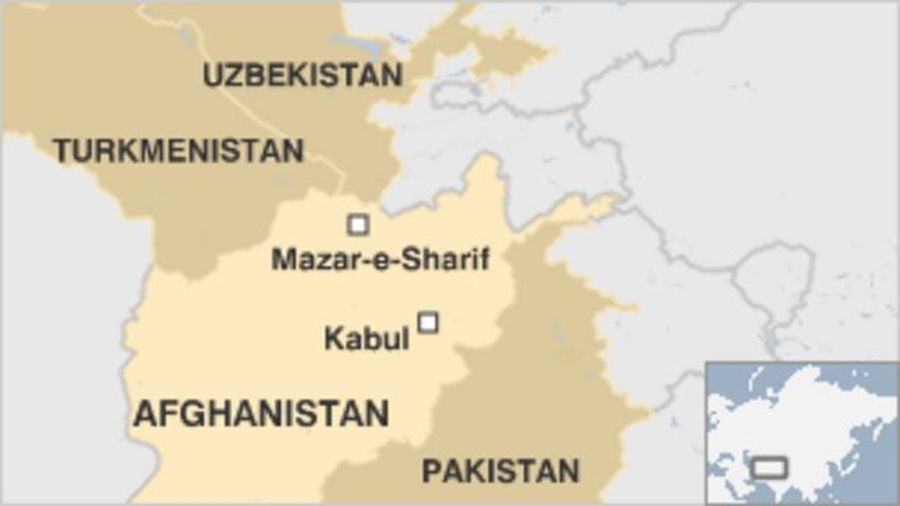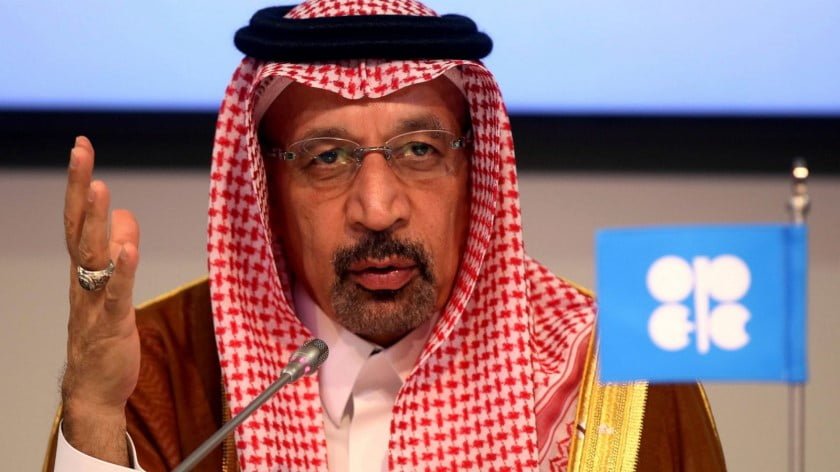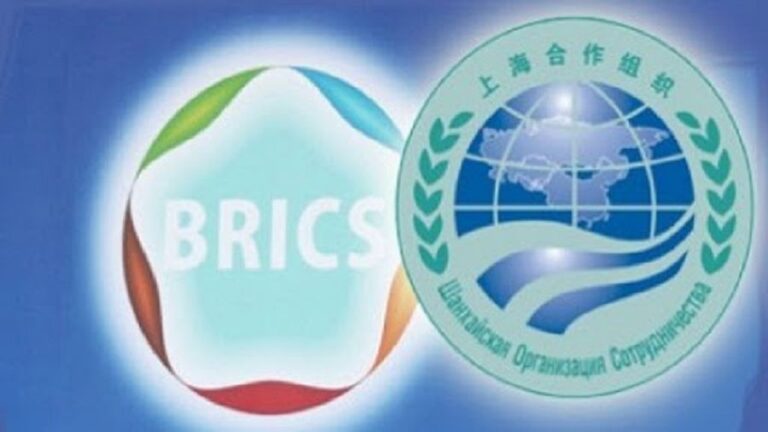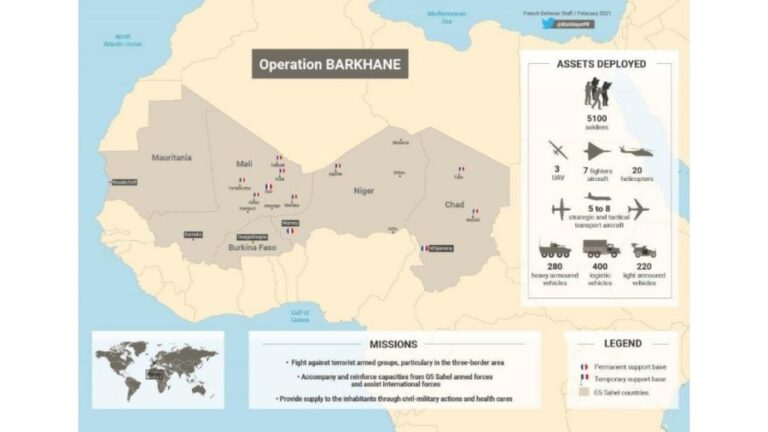Why Aren’t All These New Alt-Media ‘Experts’ on Afghanistan Talking About PAKAFUZ?
I give most of them the benefit of the doubt by assuming that it’s simply due to ignorance and not a lack of integrity, though I admittedly suspect that the latter possibility is what’s motivating some of them who I’ve concluded aren’t always truthful with their audience when discussing ‘ideologically sensitive’ subjects such as the reality of Russian-‘Israeli’ relations and now the Taliban.
Self-presented Afghanistan “experts” are now a dime a dozen in the Alt-Media Community (AMC) following last month’s tumultuous events in that country ahead of America’s military withdrawal. Many repeat typical anti-imperialist talking points or cast aspersions on the reality of the US’ unprecedented defeat there despite having rarely ever talked about Afghanistan before August, if even ever at all. That’s all fine and dandy since everyone’s entitled to their own interpretation about everything, but their audience is being denied valuable insight about what I’ve passionately argued is the most important factor in the post-withdrawal geostrategic environment.
That’s February’s agreement to build a Pakistan-Afghanistan-Uzbekistan (PAKAFUZ) railway and the US’ complementary establishment of the “NewQuad” with those three countries in mid-July that’s explicitly premised on enhancing regional connectivity. Some experts like Pepe Escobar, who can rightly be regarded as the godfather of all Alt-Media analyses about Afghanistan considering his priorpersonalexperiences in the country and decades’ worth of time covering it, have referenced this project but few others seem to have any idea that it even exists. They owe it to their audience to mention it at least once if they have analytical integrity.
Here’s why they might not have done so already:
* Innocent Ignorance
Many in the AMC race to respond to whatever of relevance it is that’s happening across the world without really knowing all that much about the subject matter that they present themselves as experts on so most should be given the benefit of the doubt in assuming that they’re just innocently ignorant of PAKAFUZ.
* Syria Syndrome
Some of the most well-known AMC commentators opining about Afghanistan nowadays became popular through their work on Syria, though many of them are fierce gatekeepers of certain narratives and thus can’t publicly acknowledge for ideological reasons that the Islamist Taliban are now aiding Chinese & Russian goals.
* Political Correctness
Building upon the possible explanation above, many in the AMC also adhere to very strict standards of “political correctness” whereby they can’t accept that American, Chinese, Pakistani, Russian, and even Taliban goals largely overlap with respect to this project since the US is always supposed to be against these four’s interests.
* Pakistani Aspersions
One of the politically correct sub-narratives that quite a few members of the AMC adhere to is that Pakistan is an “irredeemable terrorist-supporting state” that can’t ever be praised for anything despite being China’s top ally, especially not facilitating Russia’s centuries-long dream of reaching the Indian Ocean through PAKAFUZ.
* Enormous Egos
Finally, some of the most influential forces in the AMC (especially those who became popular covering Syria) have enormous egos as many in their audience have already realized, which encourages them to cling to their initial assessments of the situation (partially due to political correctness) even if they’re proven wrong.
Now here’s why they should incorporate PAKAFUZ into at least some of their future Afghan-related analyses:
* It’s Time To Move Beyond The AMC’s Obsession With Brzezinski
Former US National Security Advisor Bzezinski’s influential HybridWar-driven divide-and-rule Balkanization stratagem for Eurasia isn’t eternal even though it might still be employed since America is arguably adapting to changing circumstances in the emerging Multipolar World Order by embracing the paradigm of geo-economics.
* Shared Geo-Economic Interests Open Up Opportunities Between Rivals
It defies the conventional geostrategic models of decades prior but there’s no denying that shared geo-economic interests between the US on one hand and China, Pakistan, Russia, and the Taliban on the other are opening up new opportunities between these pairs of rivals that deserve to be discussed more in depth by all.
* Afghanistan’s Sustainable Reconstruction Is Impossible Without PAKAFUZ
There’s no way that Afghanistan can be sustainably reconstructed without turning this landlocked country into a so-called “land-linked” one by unlocking its trans-regional connectivity potential through PAKAFUZ that will then imbue it with unprecedented economic potential and thus provide reliable revenue with time.
* PAKAFUZ Embodies The CPEC+ Paradigm Of Chinese-Pakistani-Russian Connectivity
This project will also enable Pakistan to function as the “Zipper of Eurasia” by utilizing the de facto northern expansion of the Belt & Road Initiative’s (BRI) flagship project of the China-Pakistan Economic Corridor (CPEC+) to connect the Eurasian Economic Union with the South Asian Association for Regional Cooperation (SAARC).
* It Takes Professional Integrity To Acknowledge One’s Analytical Inaccuracies
Every influential individual in the AMC should have enough professional integrity to acknowledge their analytical inaccuracies since nobody ever gets everything right all the time and they thus owe it to their audience to explain why prior their prior interpretations might have to be amended in light of new information.
———-
Everyone has a valuable role to play in the AMC, both influential individuals and casual commentators alike. The whole world is wondering what just really happened in Afghanistan, why it all unfolded the way that it did, and what it means for the region’s future. There’s nothing better than collective brainstorming and constructive critiques when it comes to helping the community answer pressing questions such as these. As someone who’s been closely covering this part of the world for the past few years in literally hundreds of related analyses, I felt an obligation to respectfully raise awareness about the crucial factor that most of my peers aren’t discussing.
PAKAFUZ is conspicuously absent from most of their work on this topic, which prompted me to wonder why that might be. I give most of them the benefit of the doubt by assuming that it’s simply due to ignorance and not a lack of integrity, though I admittedly suspect that the latter possibility is what’s motivating some of them who I’ve concluded aren’t always truthful with their audience when discussing “ideologically sensitive” subjects such as the reality of Russian-”Israeli” relations and now the Taliban. I therefore sincerely hope that those in the AMC who want to hear their favorite commentators’ views on PAKAFUZ will make them aware of my work.







